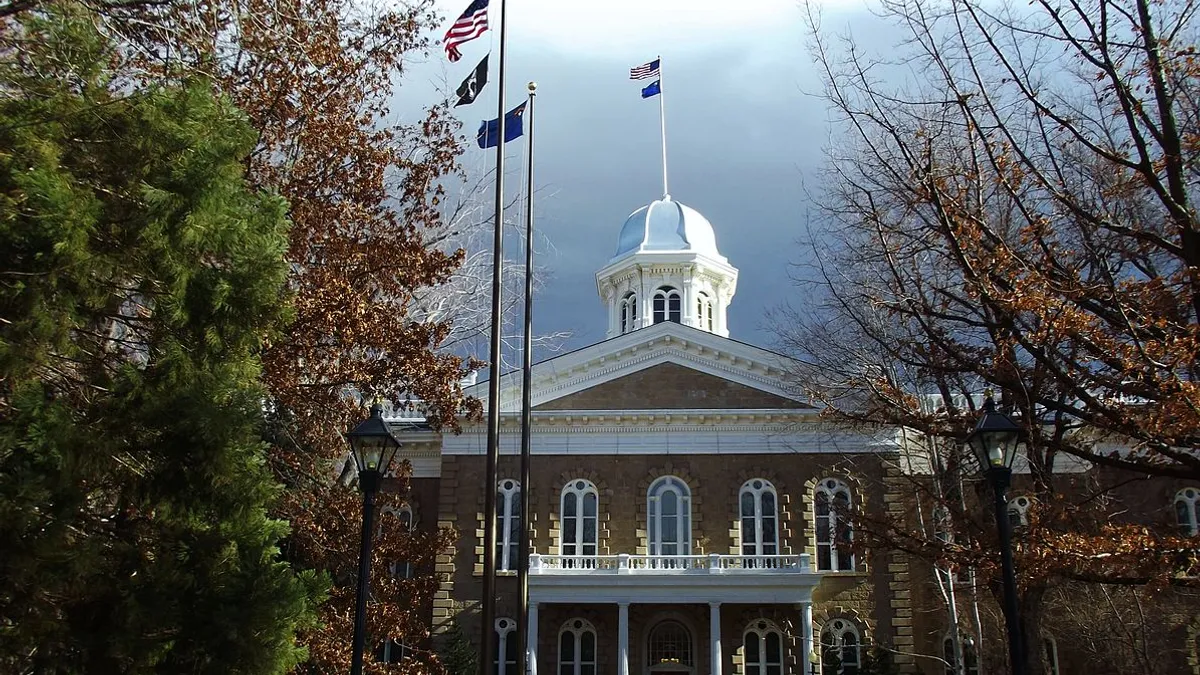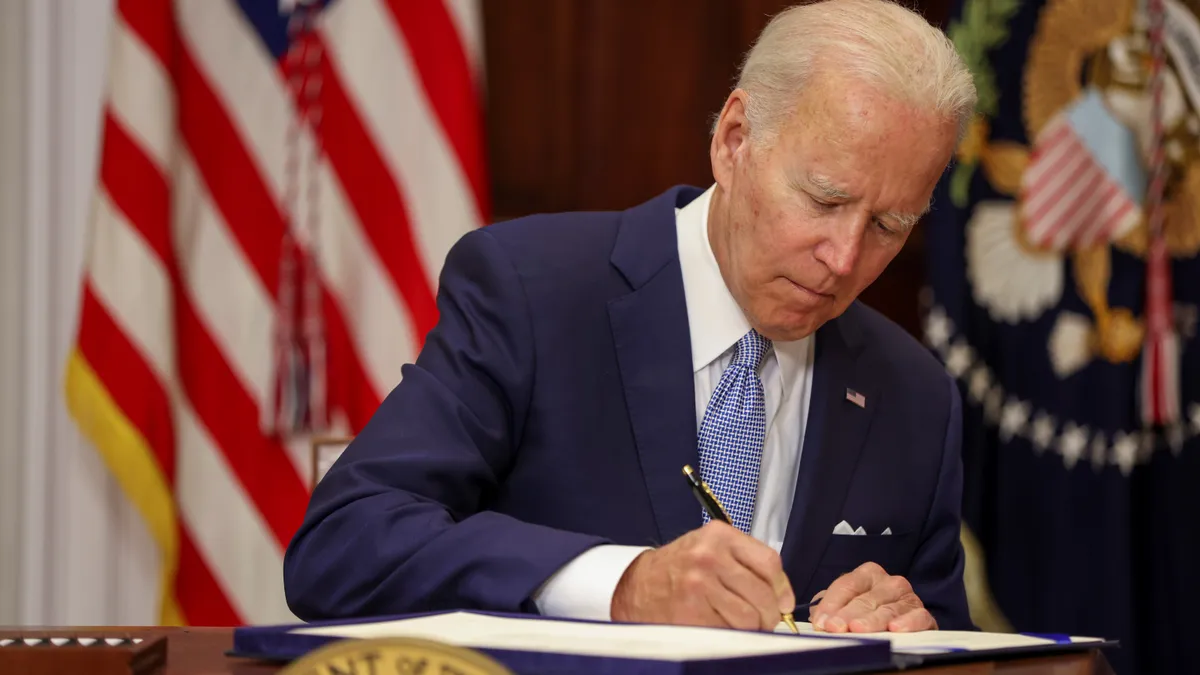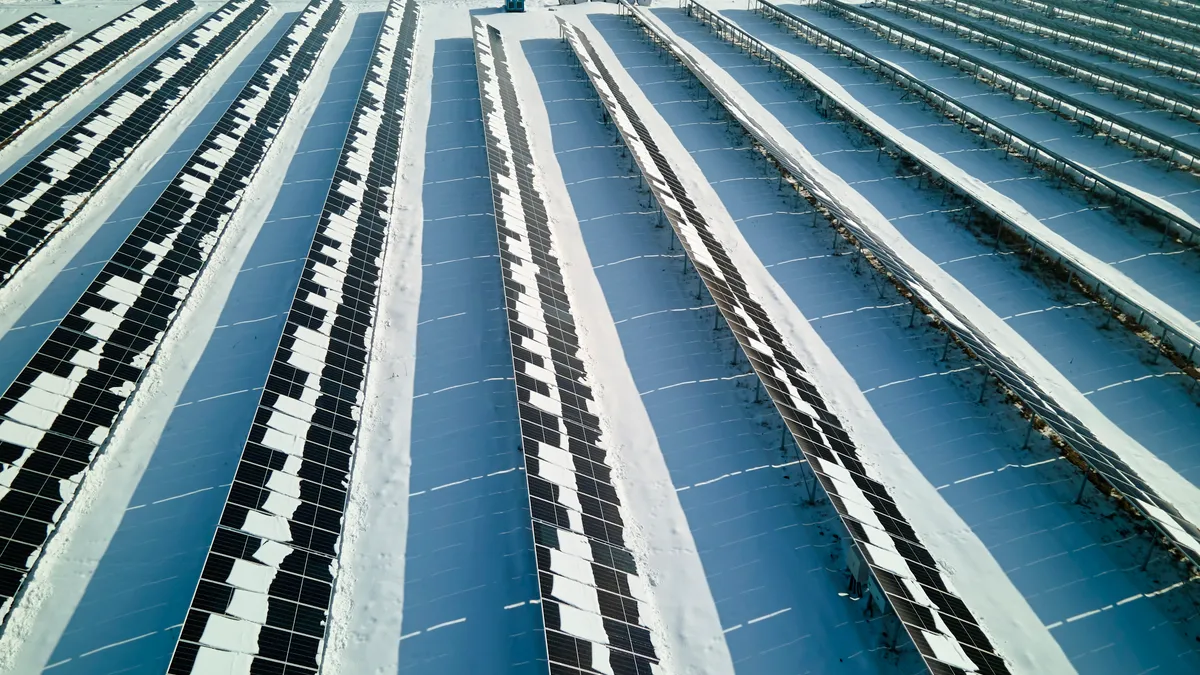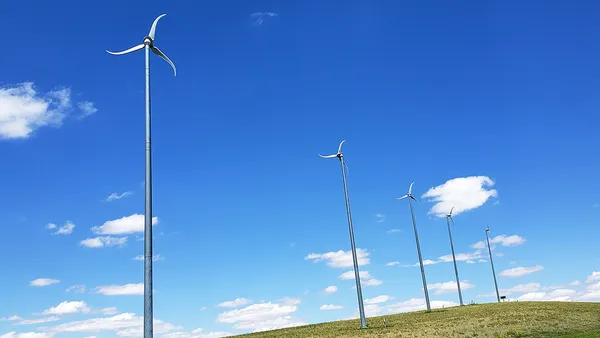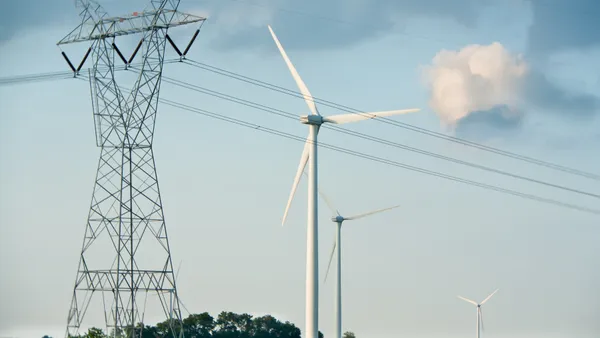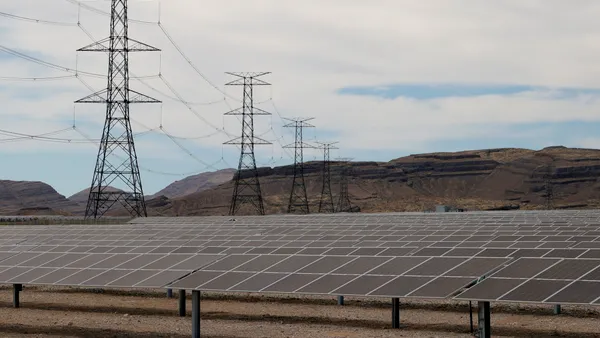Dive Brief:
- Nevada Gov. Brian Sandoval (R) has signed three energy-related measures into law, including bills aimed at boosting battery storage resources and electric vehicles in the state.
- The governor also signed Senate Bill 314, which makes changes to the siting of wind turbines to ensure uniformity of standards.
- The biggest piece of energy legislation is still mired in a Senate committee, however: Assembly Bill 405 would essentially restore retail net metering rates for solar customers, following the state's 2015 decision to roll them back.
Dive Insight:
Nevada regulators, directed by the state legislature, will now take a hard look at energy storage and whether utilities should be purchasing more battery resources on the part of their customers.
Senate Bill 204 directs state regulators to consider requiring utilities to purchase energy storage in the next couple of years, while Senate Bill 145 establishes an incentive program for energy storage within the state's solar program. The law also puts in place incentives for the development of electric vehicle charging infrastructure.
The Public Utilities Commission of Nevada (PUCN) will need to make a recommendation on battery purchases by Oct. 1, 2018.
According to a signing announcement from Sandoval's office, the electric vehicle infrastructure push "falls in line with the Governor’s goal to have all of Nevada's highways, no matter how remote, accessible to all EV drivers and ensure completion of the first complete EV highway system in the nation."
Nevada's spate of clean energy initiatives could help to solidify the state's image as a clean energy supporter, but nothing has made headlines like the state's 2015 decision to dramatically reduce compensation rates for excess energy from rooftop solar. That decision prompted solar developers SolarCity and Sunrun to exit the state.
Now, state lawmakers are considering legislation to raise export rates up to 95% of the retail rate for 6% of the system's peak load, with declining rates for systems after that. In May. The Nevada Assembly voted 38-2 to approve the measure, and it has been referred to the Senate Committee on Commerce, Labor and Energy.



